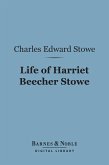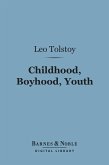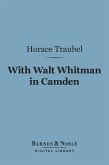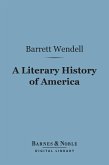Published in 1913, this autobiography by James tells of his childhood and adolescence in a wealthy and accomplished family. He zeros in on highs such as meeting Thackery and Dickens, or lows of feeling too ashamed to join other children dancing. James focuses his novelist's eye on the painfully shy but precociously gifted boy he once was, and the result is a self-portrait of rare honesty and critical judgment.
Dieser Download kann aus rechtlichen Gründen nur mit Rechnungsadresse in A, D ausgeliefert werden.









